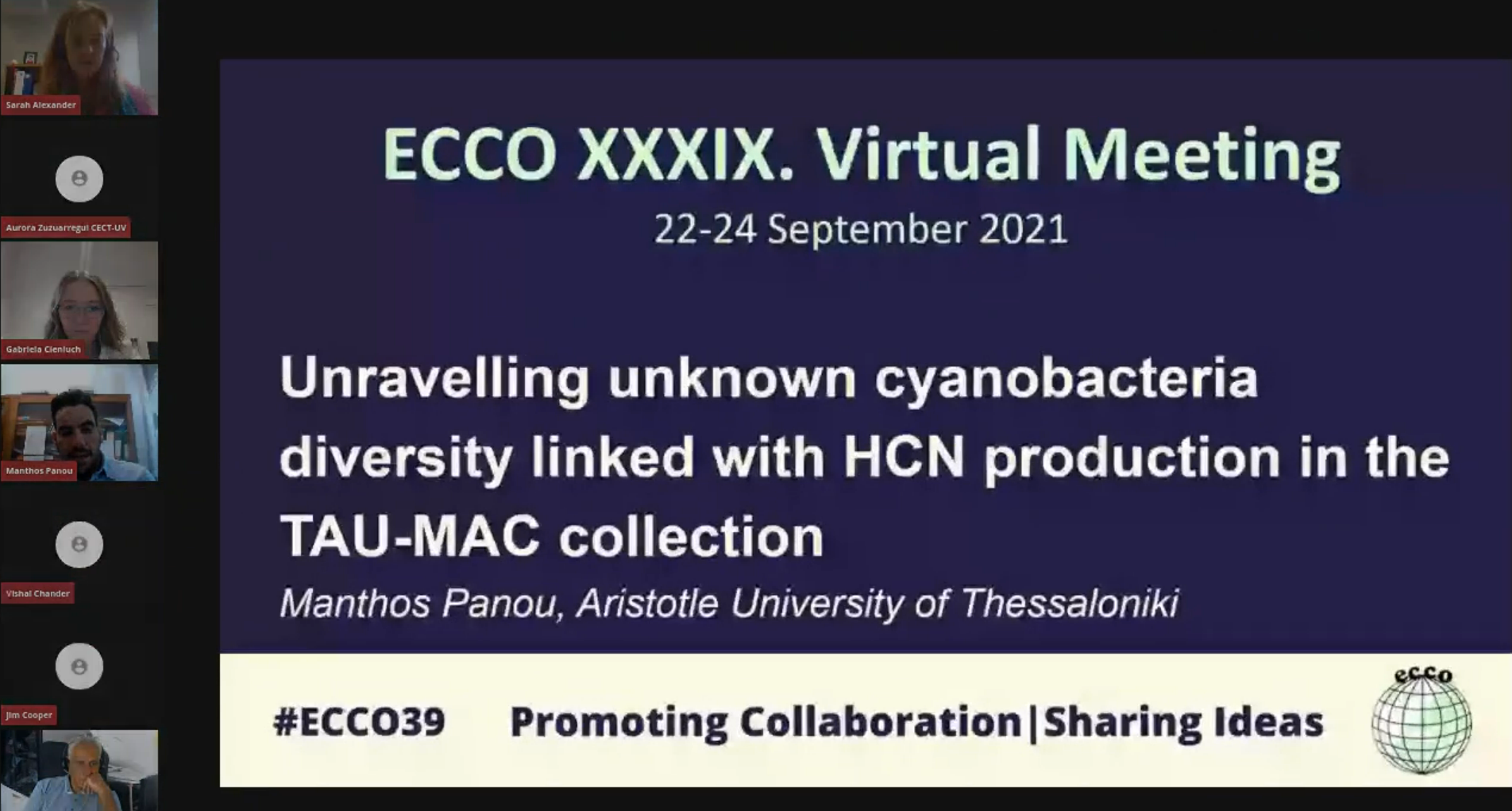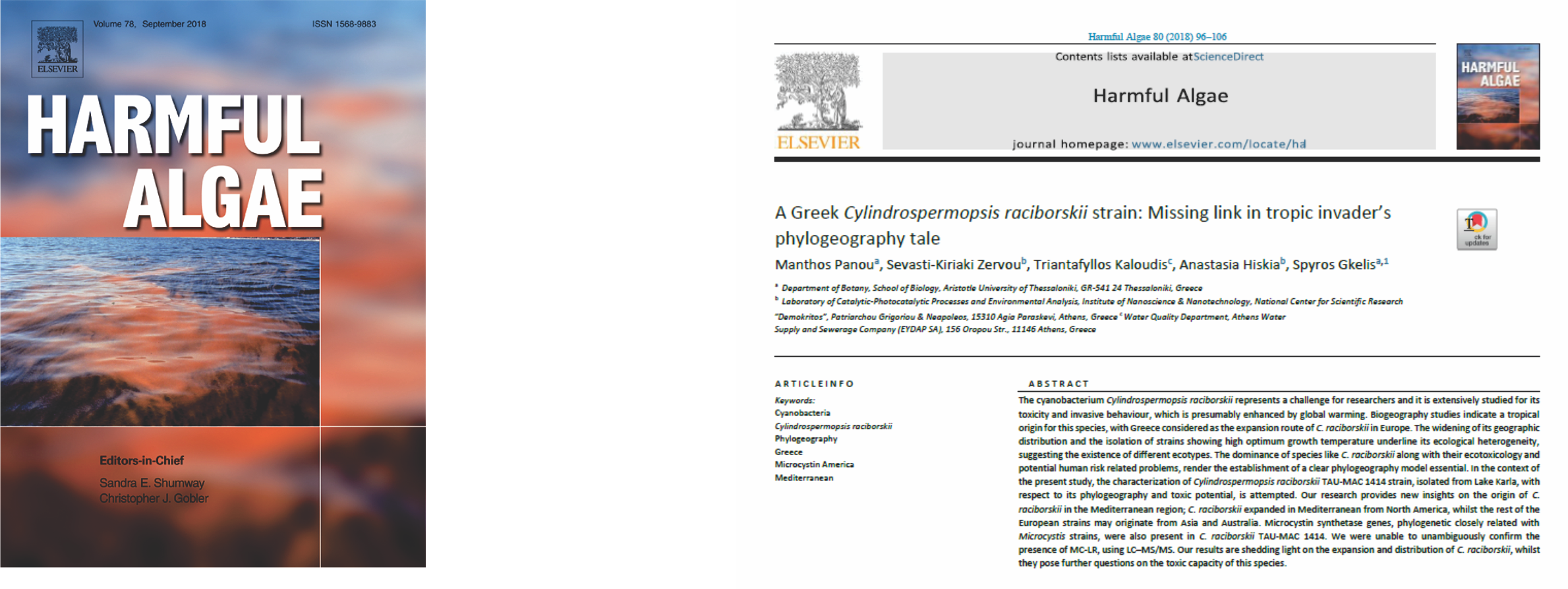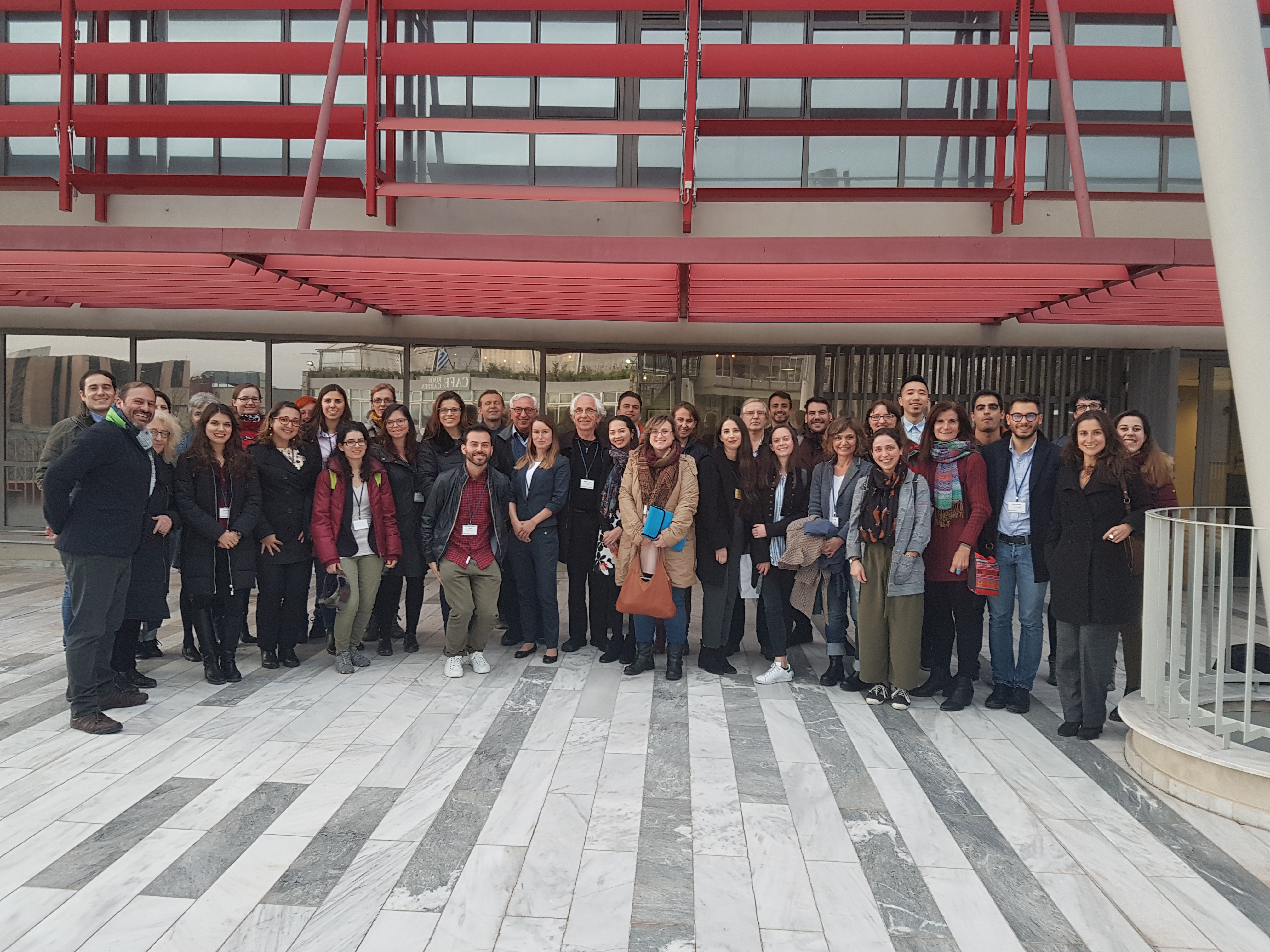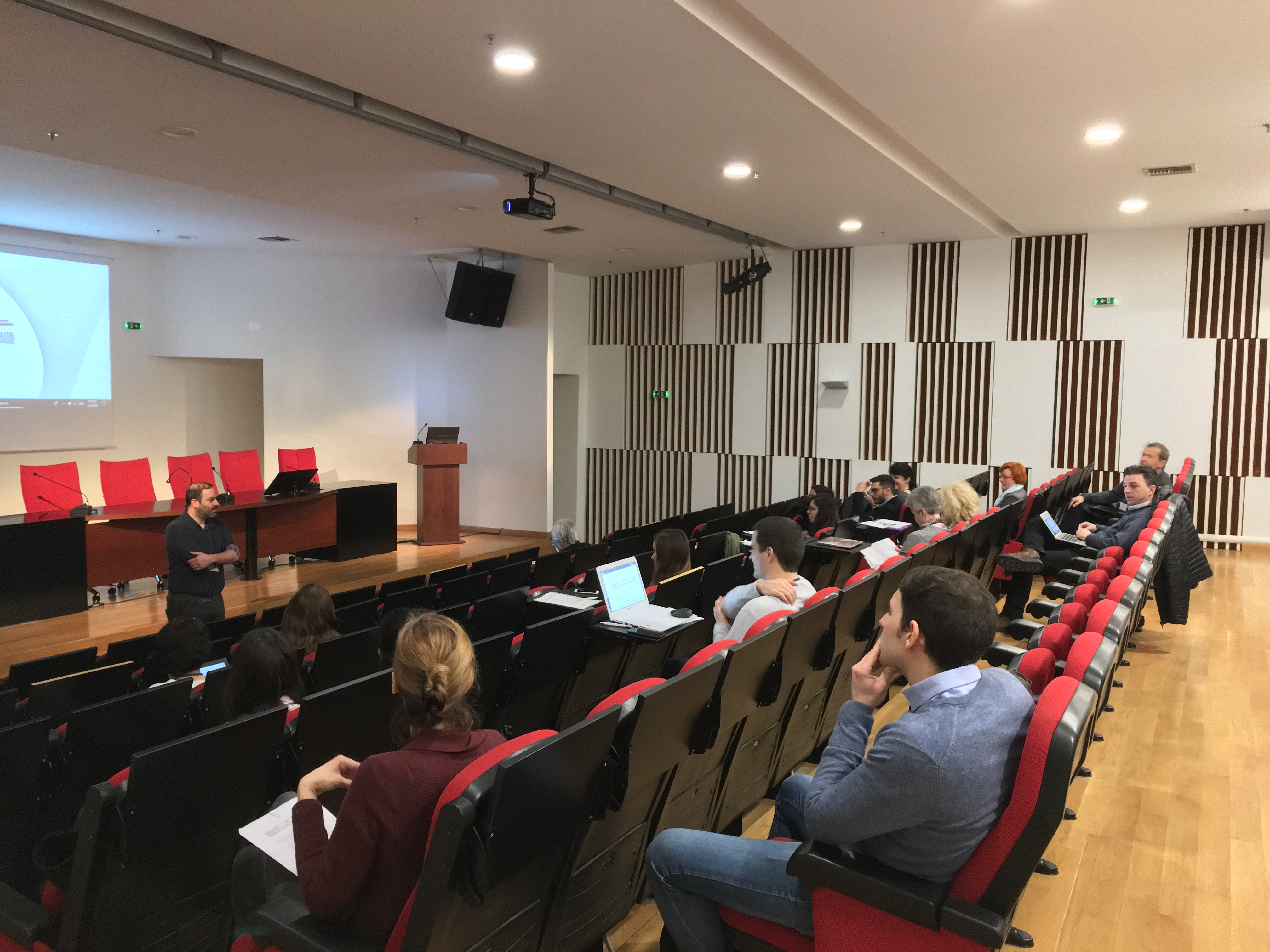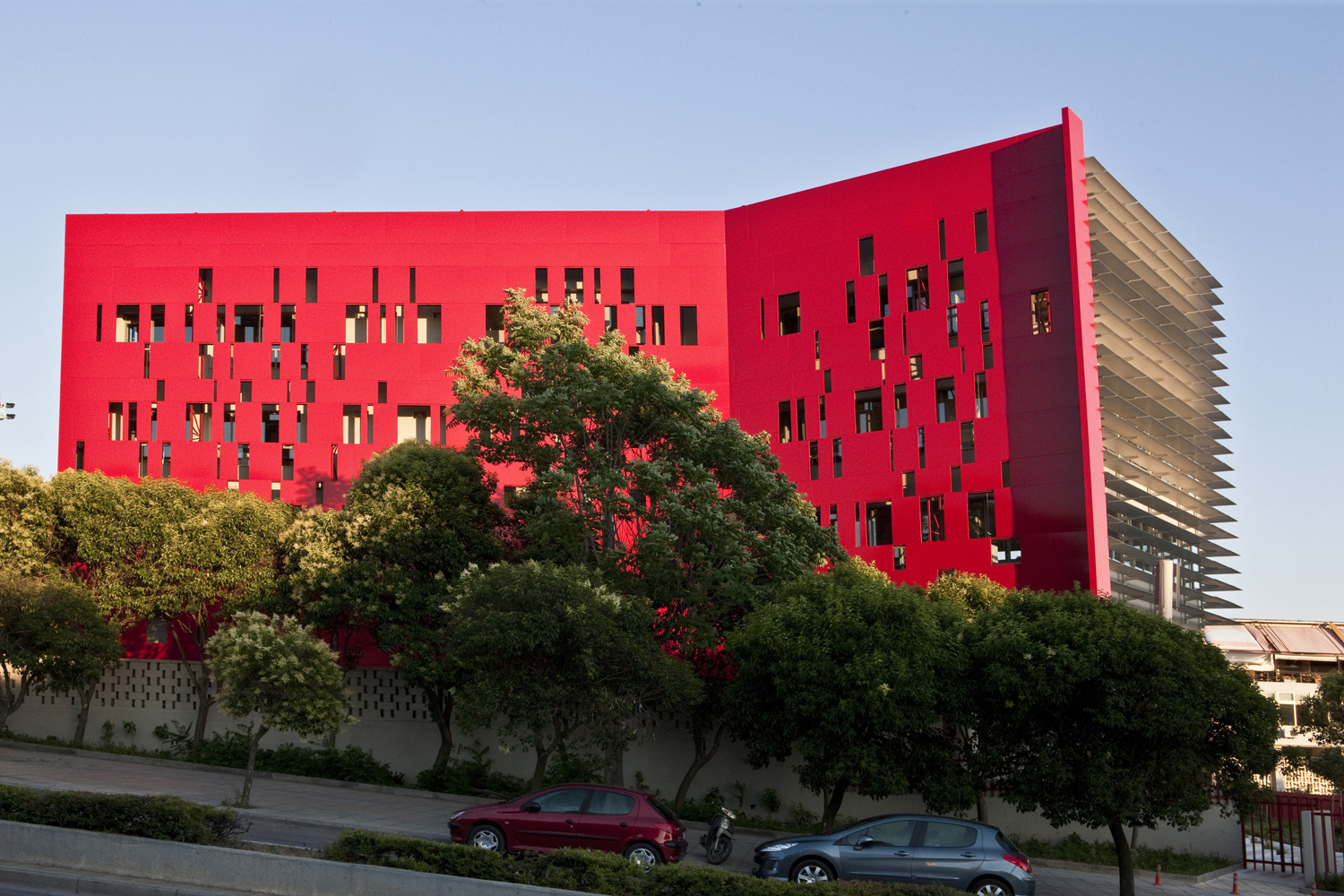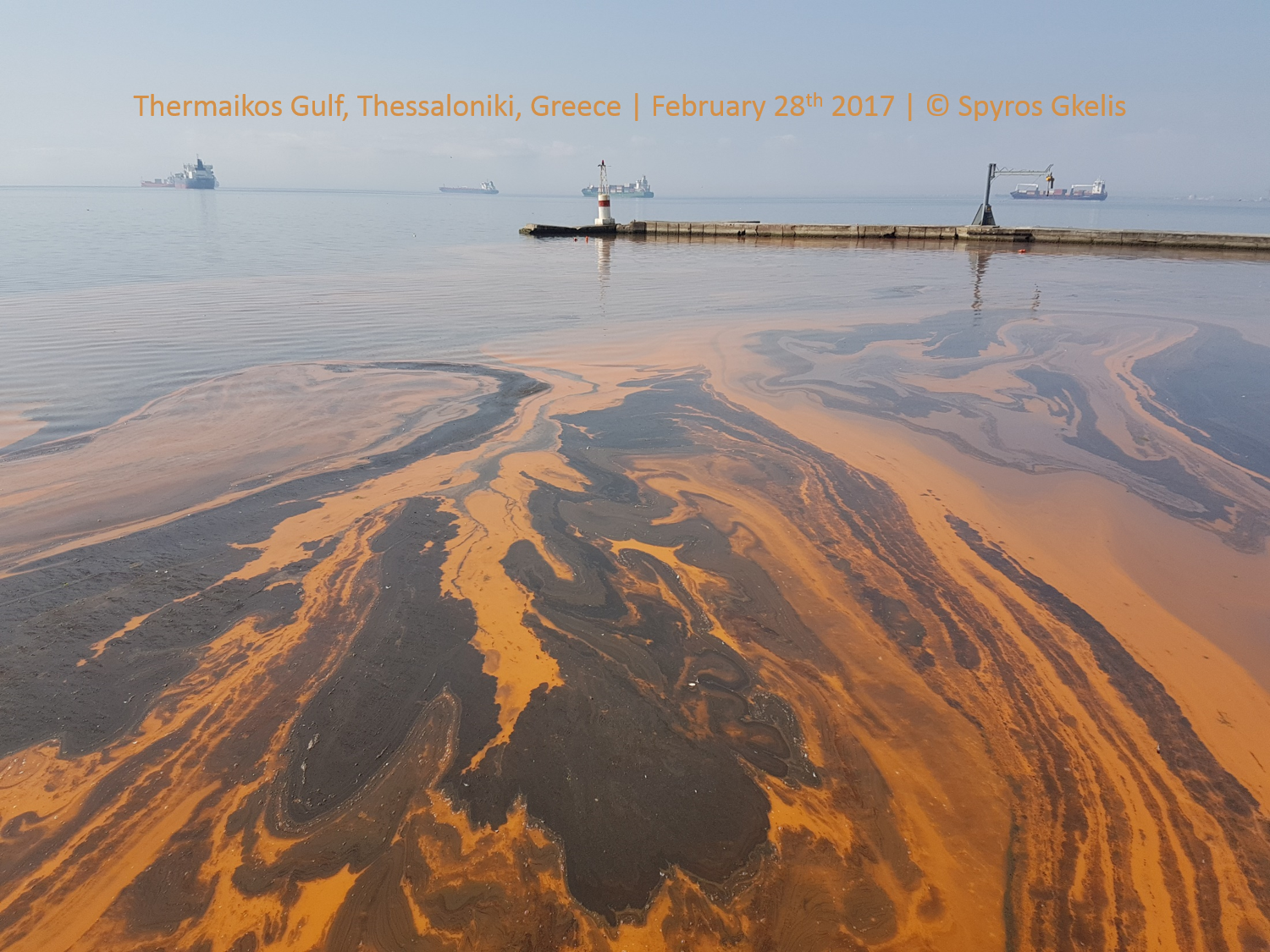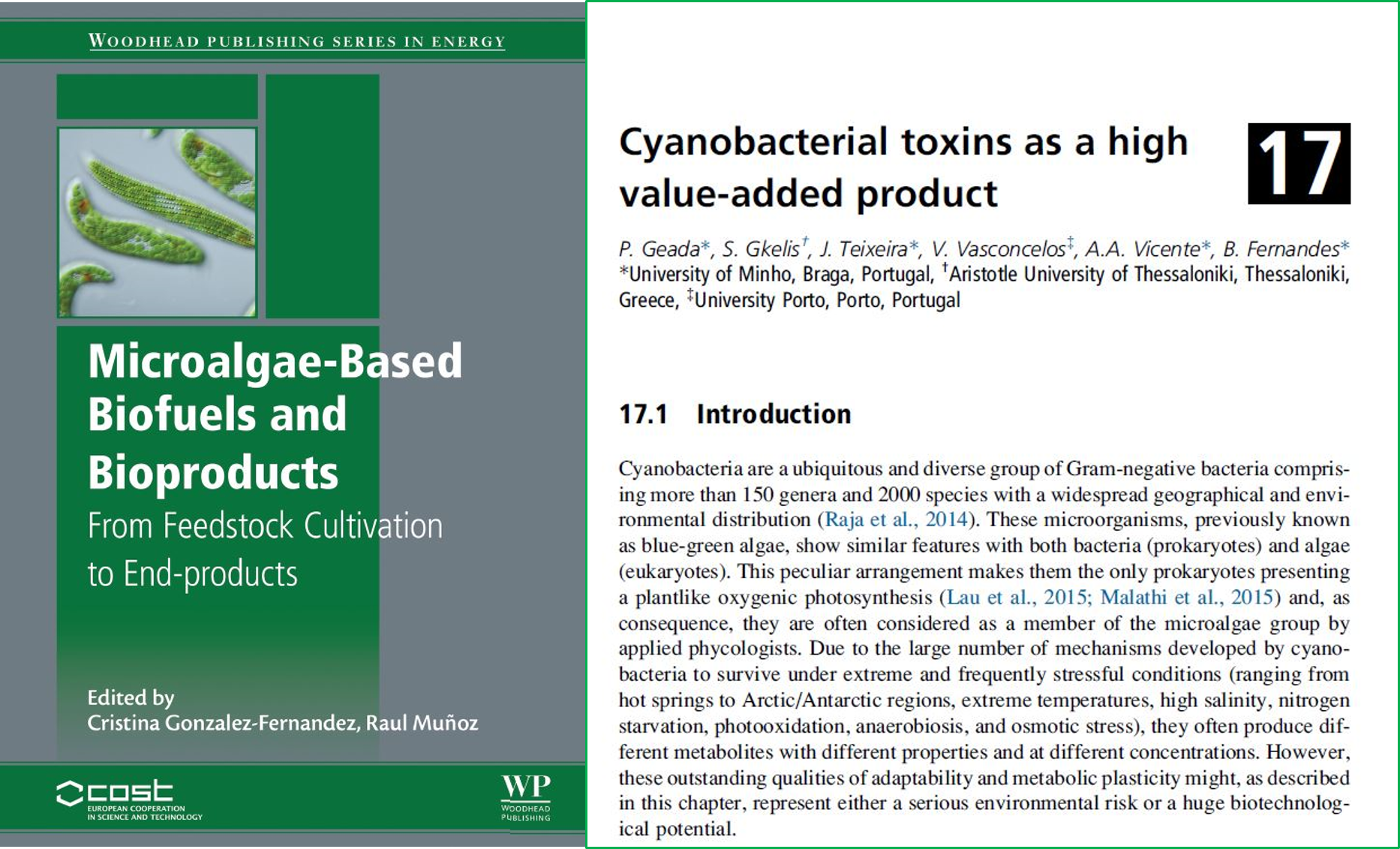Dear Colleagues,
Cyanobacteria are an ancient lineage of oxygenic photosynthetic bacteria found in a broad range of habitats, from soil to oceans, where they play important roles in the global nitrogen and carbon cycles. They are known for the toxic blooms they form in fresh water bodies around the world and the production of toxins, posing a threat to human and environmental health. Despite the tremendous effort to understand the biosynthesis, toxicity, and occurrence of cyanobacteria secondary metabolites, the biological role of these compounds still remains relatively unknown. Various hypotheses in this regard have been put forward, encompassing both intracellular effects such as nutrient storage, light adaptation, and protection against oxidative stress, and extracellular functions including quorum sensing, allelopathic interactions, nutrient acquisition, colony formation, and grazing defense. The existing evidence on the potential role of cyanotoxins is mostly based on experimental studies and require further confirmation by in-field observations.
 toxins-logo
toxins-logo
This Special Issue is destined to gather reviews, original experimental papers, and short notes reporting findings on experimental and in-field observations that aim to advance our understanding of the biological role of cyanotoxins.
For more information and instructions on how to submit your paper please click here
Check out our project in ResearchGate
We look forward to receive your high quality contributions on this exciting topic!
Dr. Spyros Gkelis
Dr. Piotr Rzymski
Guest Editors
